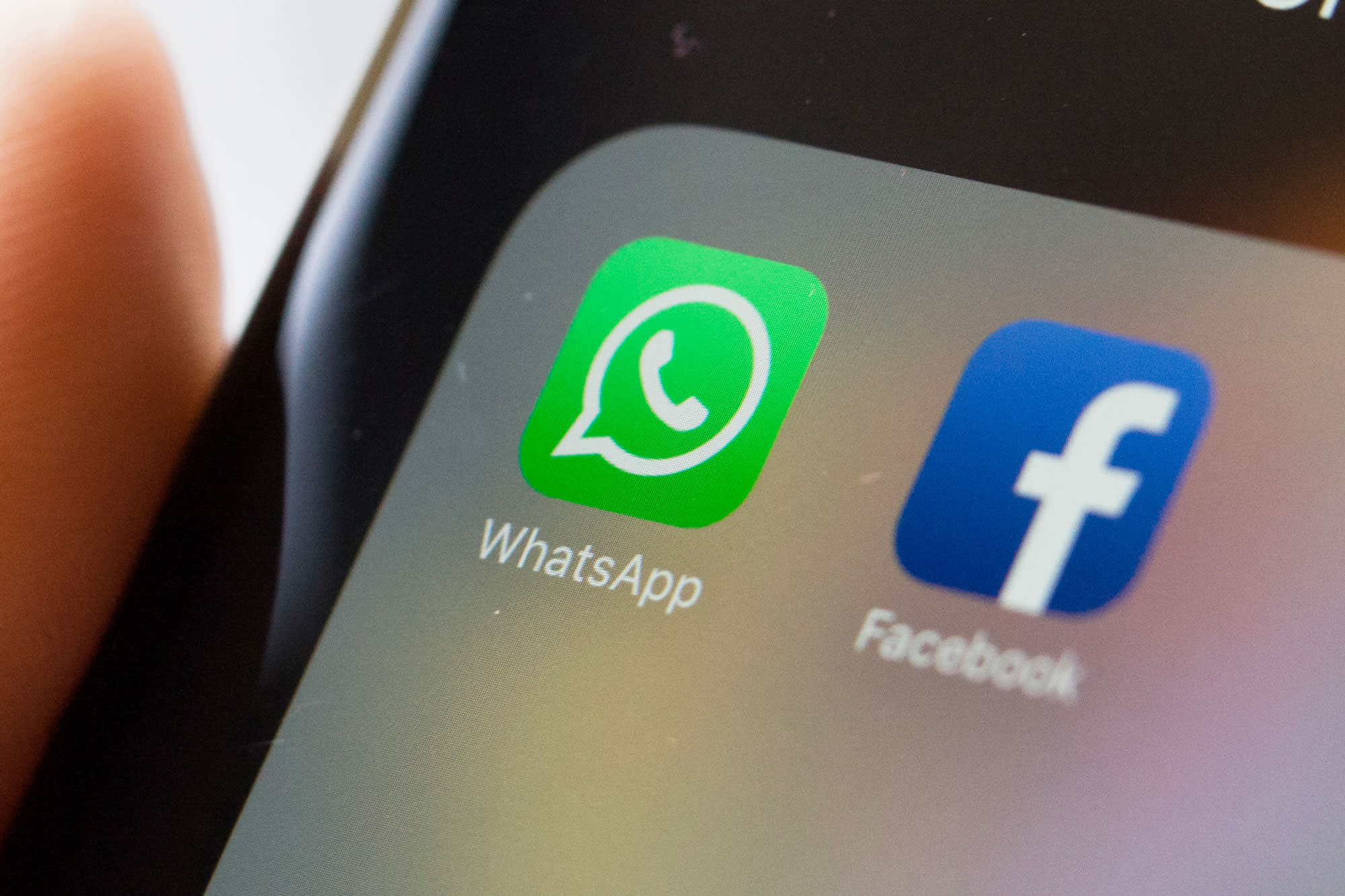Jaap Arriens | NurPhoto | Getty Images
WhatsApp delayed an update of the privacy policy that caused confusion and reaction among users, fearing that this could mean wider sharing of data with the owner of the messaging app, Facebook.
“We heard from so many people the confusion surrounding our recent update. A lot of misinformation causing concern and we want to help everyone understand our principles and the facts,” said WhatsApp in a blog post over the weekend.
The updates are specifically related to features that allow users to send messages and interact with companies on WhatsApp. Last year, Facebook announced that companies using WhatsApp can store and manage their chats with customers using Facebook’s “secure hosting infrastructure”.
As part of this, a company can see the content of the message between itself and a user and can use that information for its own marketing purposes, which may include advertising on Facebook.
WhatsApp was set up to start asking users on February 8 to accept the updated terms to continue using the app. But Facebook said it is now postponing the date for people to review and accept the terms. No one will have their account suspended or deleted on February 8, added Facebook. People will “gradually” have a chance to revise the policy “at their own pace” before the new business options become available on May 15.
Privacy updates caused “confusion,” said WhatsApp. Many users interpreted this to mean that the app would be sharing more data, including messages, with Facebook.
Many users feared that the updated privacy policy would signal a broader data sharing between WhatsApp and Facebook. But that is not the case. Since 2016, WhatsApp shares some data with Facebook, such as your phone number.
But the content of the messages cannot be viewed by WhatsApp or Facebook. That’s because they are encrypted. This is not changing.
However, users concerned about their privacy have sought out rivals from the Signal and Telegram messaging apps. These two applications are marketed as privacy-oriented and both reported increased downloads.
On Saturday, Signal was interrupted due to a flow of users. Signal said it was “adding new servers and extra capacity at a record pace every day” last week, and the app went live on Sunday.
